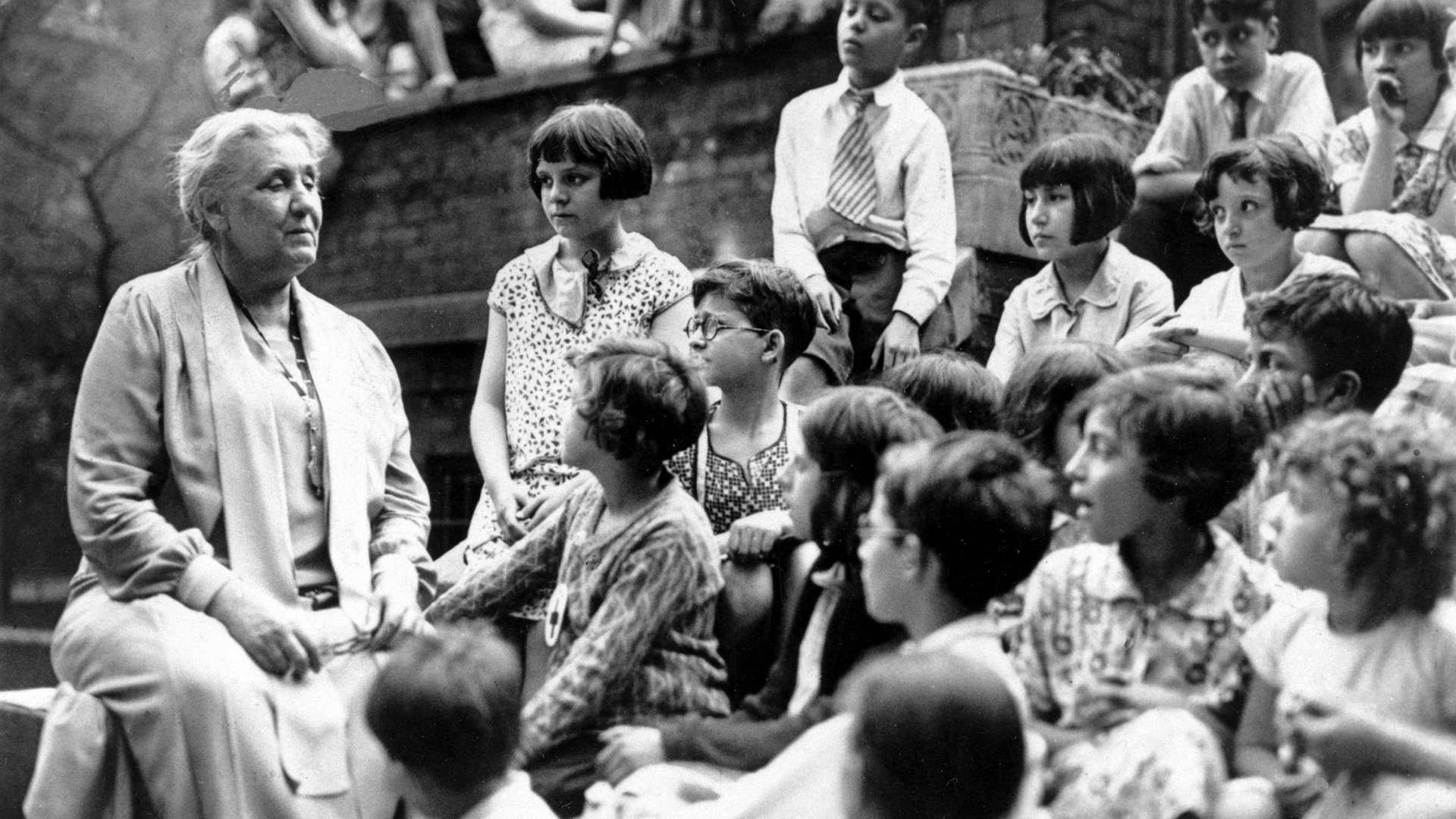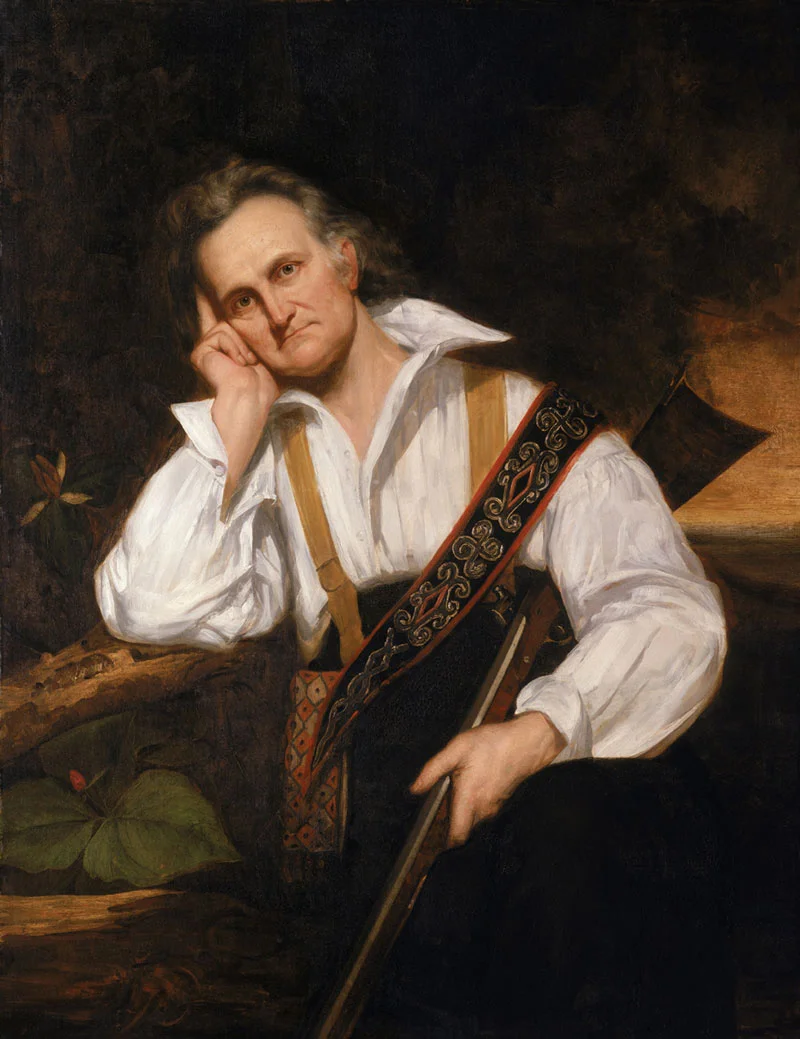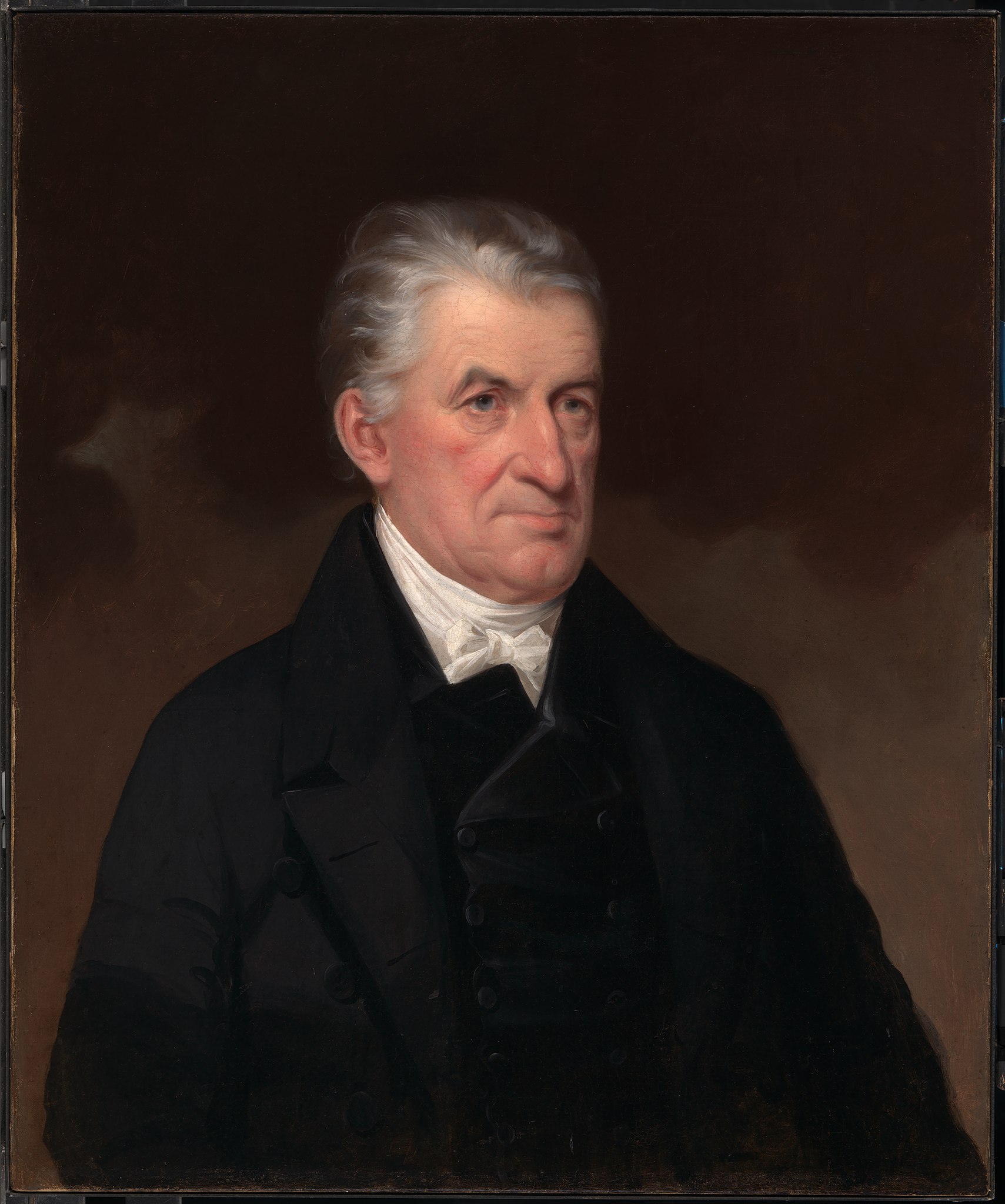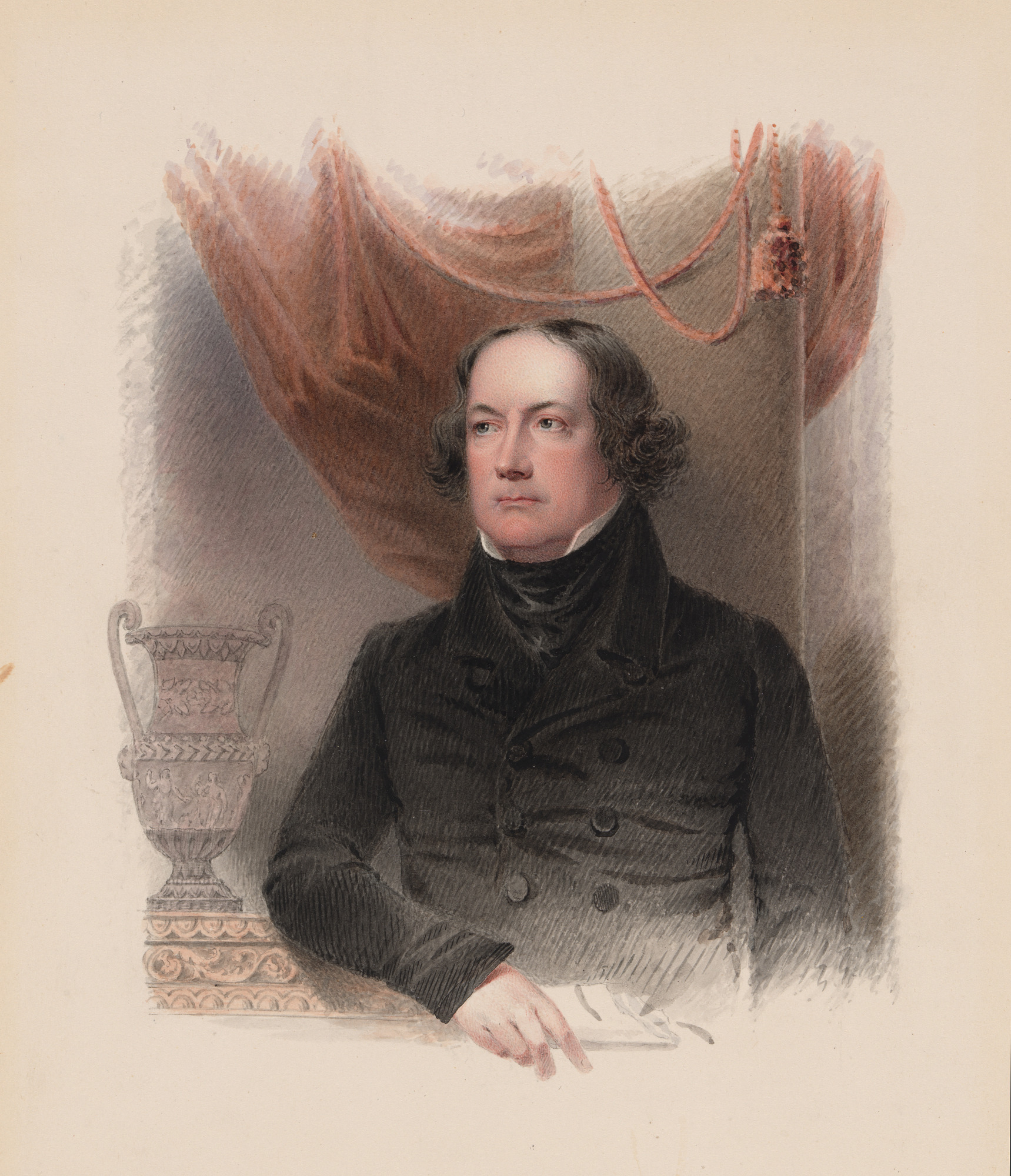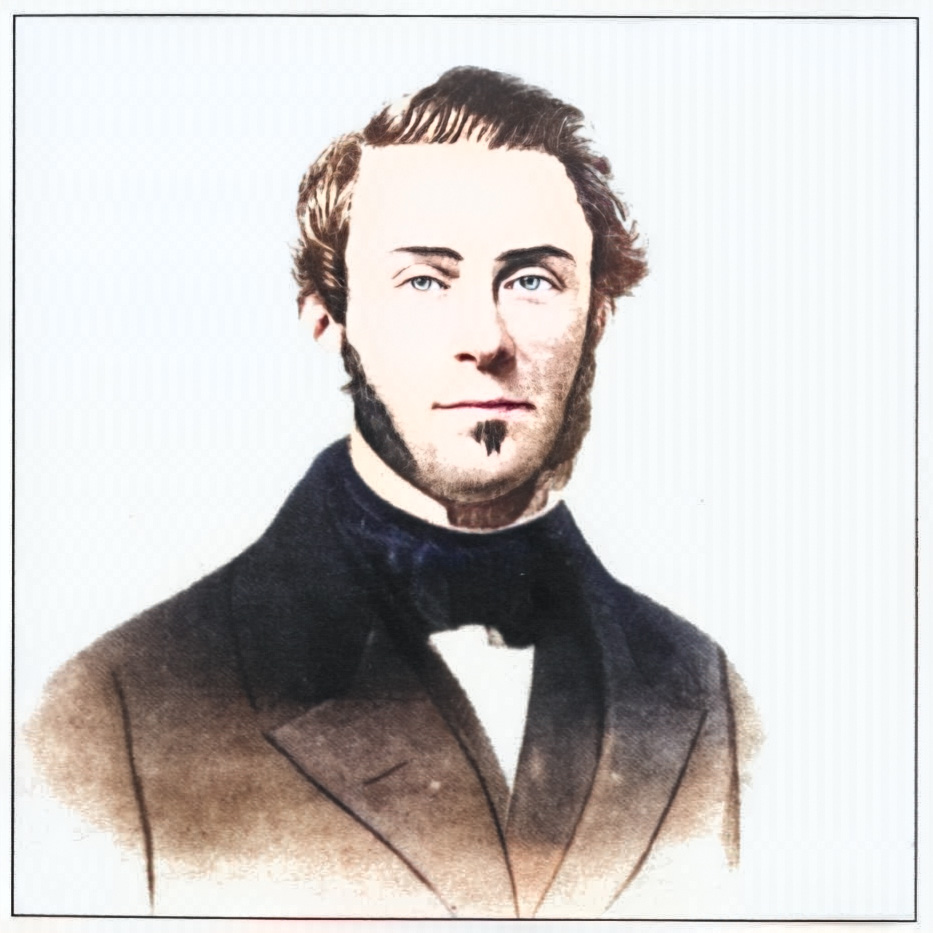Andrew Mellon
Andrew Mellon was a promient... financier, philanthropist, and politician who wielded immense influence over the United States' financial and cultural landscapes.
His story is one of success, innovation, but also of controversies that continue to fuel debates to this day.
Early Life and Rise to Prominence
Born in Pittsburgh, Pennsylvania, to a wealthy family, Andrew Mellon was groomed for success from an early age. His business acumen led him to amass one of the largest fortunes in America, which he further multiplied through shrewd investments and entrepreneurial ventures.
Major Contributions
Mellon's role as Secretary of the Treasury under three U.S. presidents dramatically shaped economic policies during the 1920s. He implemented tax cuts and federal budget reductions, fueling economic growth but also contributing to the inequality and financial instability that would later culminate in the Great Depression. Furthermore, Mellon was a dedicated philanthropist, responsible for the founding of the National Gallery of Art and supporting various educational and cultural initiatives.
Controversies and Complexities
While Mellon's financial policies brought short-term prosperity, critics argue that they also contributed to the conditions leading up to the Great Depression. His contentious role in the Teapot Dome Scandal further complicates his legacy, as does his focus on laissez-faire capitalism, which many view as prioritizing wealthy individuals and corporations over the welfare of the broader American public.
Public and Historical Perception
Although hailed as a financial genius during his time, Mellon's legacy has become a topic of scrutiny and debate among historians and economists, especially in light of the shifting attitudes toward wealth disparity and economic justice.
A Towering Figure
Andrew Mellon was undeniably a towering figure in American finance and politics. His influence continues to be felt, and his life serves as a testament to both the potential and the pitfalls of unfettered capitalism.
Biographica
John Adams
John Adams (1735-1826) WHO HE WAS: President John Adams, a Founding Father and the second President of the United States, played a pivotal role in shaping the nation’s early years. His dedication to independence and public service left an enduring legacy. WHAT S/HE SAID: Reflecting on the importance of education, Adams emphasized: “There are two educations. One should teach us how to make a living and the other how to live.” WHY S/HE MATTERED: President John Adams’ commitment to liberty and his contributions to the founding principles of the United States shaped the nation’s course. His legacy prompts discussions about leadership, democratic values, and the complexities of nation-building.
John Quincy Adams
John Quincy Adams (1767-1848) WHO HE WAS: John Quincy Adams was an American statesman who served as the sixth President of the United States from 1825 to 1829. Son of the second president, John Adams, his career was distinguished by his roles as diplomat, Senator, and as a leading advocate for national infrastructure projects and education. WHAT HE SAID: “America does not go abroad in search of monsters to destroy.” WHY HE MATTERED: Adams was instrumental in shaping U.S. foreign policy, including the formulation of the Monroe Doctrine. As President, his vision of a strong federal government supporting economic development set a foundation for future American growth.
Jane Addams
Jane Addams (1860-1935) WHO S/HE WAS: Jane Addams devoted her life to social and political reform and to the betterment of the economic condition of the masses. She worked for women’s rights, to help the poor and to stop the use of children as industrial laborers. She founded Hull House in Chicago, a center which helped immigrants in particular. After the outbreak of World War I, Addams tried in vain to get President Woodrow Wilson to mediate peace between the warring countries. Later, she spoke out loudly against America’s participation in the war and against the peace treaty forced on Germany following the conflict. She warned, presciently, that it’s terms were so humiliating that it would lead to a German war of revenge. WHAT S/HE SAID: In 1899, in the wake of the Spanish-American War, Addams spoke-out against American imperialism: “To ‘protect the weak’ has always been the excuse of
Emilio Aguinaldo
Emilio Aguinaldo (1860-1835) WHO HE WAS: Emilio Aguinaldo played a pivotal role in the fight for Philippine independence from Spanish colonial rule. As a revolutionary leader, he led forces in the Philippine Revolution against Spanish authorities. He declared Philippine independence on June 12, 1898, and became the first President of the Philippines. Aguinaldo’s contributions continue to shape the nation’s history and identity. WHAT HE SAID: Reflecting on the fight for freedom, Aguinaldo stated: “The glory and liberty of our country will come only when our fellow countrymen cease to live in mendicancy, when they do not live in fear of their fellow men, but when their love for our fellow countrymen is deep in their hearts.” WHY HE MATTERED: Emilio Aguinaldo’s leadership united a nation’s determination to break free from foreign control. His legacy endures as a symbol of resilience and sovereignty, inspiring generations to safeguard and nurture the nation’s
Fisher Ames
Fisher Ames (1758-1808) WHO HE WAS: Fisher Ames was a prominent early American statesman and a leading Federalist thinker. A gifted orator and a brilliant essayist, Ames served as a member of the United States House of Representatives from Massachusetts and is perhaps best remembered for his staunch defense of the U.S. Constitution and his persuasive speech in favor of the Jay Treaty. WHAT S/HE SAID: Reflecting on his deep value for freedom and the rule of law, and emphasizing the perils of taking liberty for granted, Ames said: “Liberty is not less a blessing, because oppression has so long darkened the mind that it can not appreciate it.” WHY HE MATTERED: Fisher Ames played a crucial role in the formation of the United States’ early legislative framework. His eloquent advocacy for federalist policies helped shape the political landscape of the fledgling nation, influencing the adoption of a strong central
John James Audubon
John James Audubon (1785-1851) WHO HE WAS: John James Audubon was an American ornithologist, naturalist, and painter, celebrated for his detailed illustrations of American birds in their natural habitats. His major work, “The Birds of America,” is considered one of the finest ornithological works ever completed. WHAT HE SAID: “The world is not given by his fathers, but borrowed from his children.” WHY HE MATTERED: Audubon’s work has left an indelible mark on ornithology and natural history art. His dedication to creating life-sized paintings of birds set new standards in field guides and wildlife illustration.
Stephen Austin
Stephen Austin (1793-1836) WHO HE WAS: Stephen Fuller Austin, known as the “Father of Texas,” was an American empresario. Recognized for his efforts in leading the second and ultimately successful colonization of the region by bringing 300 families from the United States to the region in 1825, Austin played a crucial role in the early development and independence of Texas. WHAT HE SAID: “The prosperity of Texas has been the object of my labors, the idol of my existence-it has assumed the character of a religion, for the guidance of my thoughts and actions, for fifteen years.” WHY HE MATTERED: Austin’s leadership and vision were instrumental in the settlement and independence of Texas. His effective governance, dedication to his colonists, and diplomatic skills greatly contributed to the Texas Revolution and the eventual annexation of Texas to the United States.
Lyman Beecher
Lyman Beecher (1775-1863) WHO HE WAS: Lyman Beecher was an influential American Presbyterian minister, social reformer, and one of the leaders of the Second Great Awakening, which swept the United States in the 19th century. As a passionate preacher, he advocated for the temperance movement and spoke vehemently against both intemperance and slavery. His sermons and writings contributed significantly to shaping the moral and religious outlook of his time, promoting a wave of evangelical fervor and social activism. WHAT HE SAID: “Difficulties are God’s errands; and when we are sent upon them, we should esteem it a proof of God’s confidence – as a compliment from God.” WHY HE MATTERED: Lyman Beecher’s legacy is marked by his fervent crusade against societal vices and his efforts to renew religious faith across America. He helped to catalyze major social movements, such as abolition and temperance, and played a key role in American
Bert the Turtle
Bert the Turtle WHO HE WAS: Bert the Turtle is an iconic cartoon character from the American Civil Defense film “Duck and Cover,” produced during the Cold War era. He was created to educate children and the general public about safety measures to take during a nuclear attack. WHAT HE SAID: While Bert the Turtle didn’t have spoken lines, his actions spoke volumes. He demonstrated the famous advice: “Duck and cover!” WHY HE MATTERED: Bert the Turtle became a symbol of Cold War-era preparedness. His simple yet effective message of “duck and cover” aimed to help people protect themselves in the event of a nuclear threat. While the film’s methods may seem dated today, Bert’s legacy serves as a historical reminder of the fears and precautions of the time. .
Nicholas Biddle
Nicholas Biddle (1786-1844) WHO SHE WAS: Nicholas Biddle was an American financier who served as the President of the Second Bank of the United States. He became a central figure in the Bank War, a political struggle initiated by President Andrew Jackson, who opposed the renewal of the bank’s charter. WHAT HE SAID: “This worthy President thinks that because he has scalped Indians and imprisoned judges, he is to have his own way with the Bank. He is mistaken.” WHY HE MATTERED: Biddle’s management of the bank’s affairs and his confrontation with Andrew Jackson over its recharter had profound effects on the nation’s economy and the future of federal fiscal policy. His stewardship of the bank was marked by both praised financial acumen and criticized elitism.
Napoleon Bonaparte
Napoleon Bonaparte (1769-1821) WHO HE WAS: Napoleon Bonaparte, also known as Napoleon I, was a French military leader and emperor who rose to prominence during the French Revolution and led several successful campaigns during the Revolutionary Wars. As Emperor of the French, he initiated the Napoleonic Wars and sought to dominate Europe, which dramatically shaped the continent’s future. WHAT HE SAID: This quote reflects Napoleon’s relentless drive and determination that led him through countless battles and political reforms. “Courage isn’t having the strength to go on – it is going on when you don’t have strength.” WHY HE MATTERED: Napoleon is a colossal figure in world history, known for his military genius, his establishment of the Napoleonic Code, and his ambitious, though ultimately unsuccessful, aim to unify Europe under French dominion. His legal reforms have had a lasting impact on the judicial systems of many countries.
Sam Brannan
Sam Brennan (1819-1889) WHO HE WAS: Sam Brannan was an American settler, businessman, and journalist, who became California’s first millionaire. His role in publicizing the California Gold Rush transformed the region’s history, and he was instrumental in the development of the city of San Francisco. WHAT HE SAID: “Gold! Gold from the American River!” WHY HE MATTERED: Brannan’s famous shout is credited with inciting the Gold Rush of 1849, bringing an influx of fortune seekers to California. His diverse business ventures and leadership roles in early San Francisco helped shape the city’s economic and cultural landscape.



